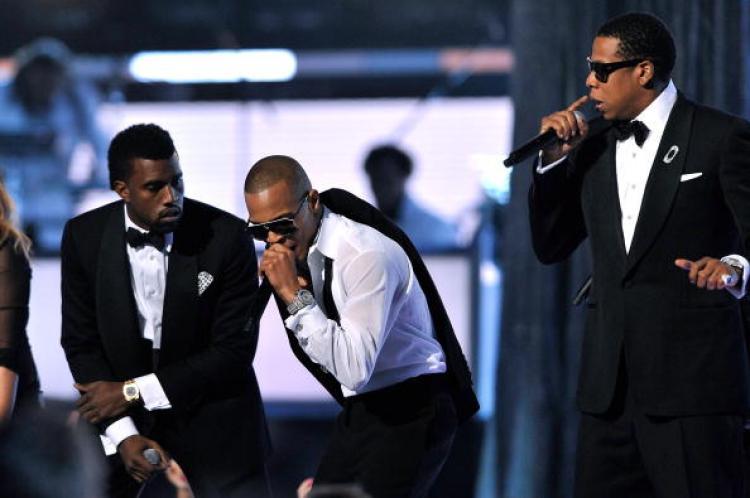Wealthy celebrities benefited from the government’s Paycheck Protection Program (PPP) loans that were disbursed during the COVID-19 pandemic. The loans were largely intended to make small businesses retain employees as well as hire back laid-off workers.
Rapper Jay-Z’s two firms, for example, received PPP loans. Champagne brand Armand De Brignac Holdings, in which Jay-Z owns a 50 percent stake, received a loan of $293,119, data from nonprofit newsroom ProPublica shows. The company had reported 12 jobs. Malibu Entertainment, which is linked to Jay-Z’s streaming platform Tidal, took a loan of $2,106,398 for its 95 employees, according to Daily Mail. The company was let off from having to repay the full loan amount. Jay-Z has an estimated net worth of $1.3 billion.





